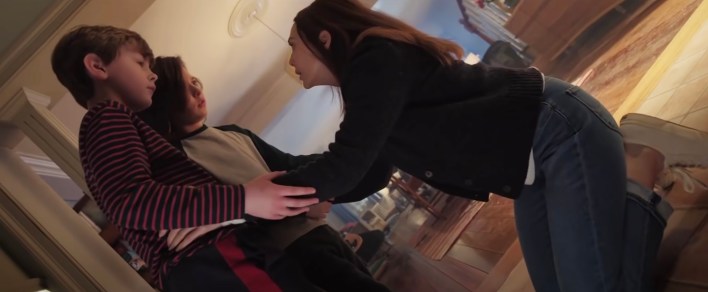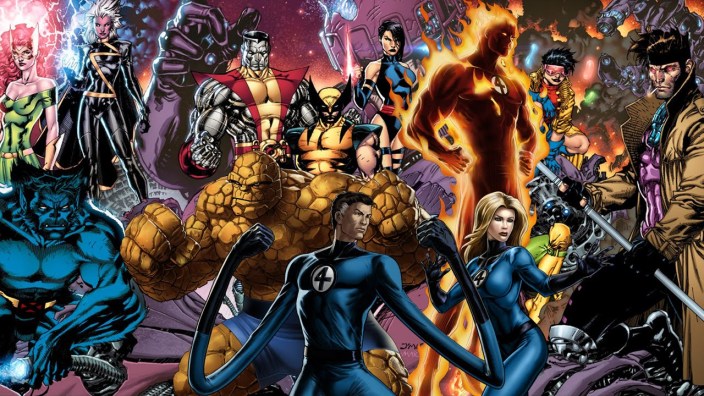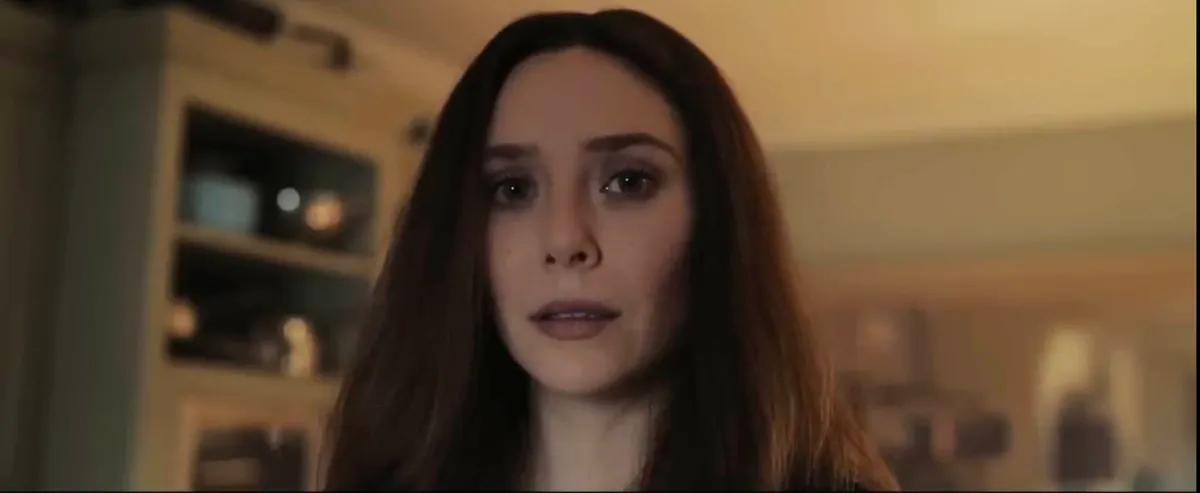This past weekend featured the highly anticipated release of Doctor Strange in the Multiverse of Madness. While Dr. Stephen Strange isn’t the most popular leading man in the Marvel Cinematic Universe, since Tony Stark’s departure, he’s become the default arrogant patriarch we root for to be better. Overall, I enjoyed the fan service, how colorful the story was (let’s be honest, the effects overall), and Director Sam Raimi‘s inclusion of horror elements. Minus his inclusion of another redhead damsel screaming, MoM also reminded me of some of the most fun aspects of the (Raimi-directed) original Spider-Man film 20 years ago.
At the same time, there were so many issues with this movie. One, in particular, will likely persist within the MCU if they continue with their current trajectory, and that is just how many stories they’re putting out. This wide output has pros and cons. On the positive end, the MCU gets more mediums to play with. Pre-Disney+, some past shows (not always under Disney’s control) have told better stories thanks to the longer runtime of a TV season compared to a movie. We got more than 5 seconds of character exploration, rather than every moment having to serve the plot directly. (I’m not talking about filler, though.)
However, there are some frustrating elements to this dual release schedule, too, as Marvel ramps up more and more TV series that tie directly into the main MCU plot—something they hadn’t done pre-Disney+. While it means more diverse stories (including behind the camera), it feels like they’re also treating TV as a risk-averse alternative to the box office. Box office numbers, good and bad, are widely shared, whereas we only know what is doing well on streaming services if they wish to divulge that information. Also, now there’s so much out that continuity is getting worse. This is at a time (with multiverses) where storytellers can stretch the franchise’s limits beyond just playing with genre, tone, and visuals.
Two mediums and one longer story

Now with so many Marvel stories stacked on top of one another, when these stories start to collide, we are getting massive issues. For example, Raimi didn’t watch all of WandaVision or even know it was a thing until the MoM script was nearly done. Not only is this clear in Wanda’s attitude and actions in the film, but there were several parts toward the beginning of the movie (basically before the incredible multiverse jump scene), and then many parts of the film regarding Wanda, that felt like an MCU campus story tour of info you needed to know and not a very natural part of the story.
Some Multiverse of Madness plot spoilers until the next section.
This “hey in case you missed it” dialogue is pretty standard in more significant crossover events like The Avengers. And to be fair, this is the biggest crossover event since Avengers: Endgame in 2019. However, unlike Spider-Man No Way Home, the two of the three big players in this film were already established as main characters in the MCU. These issues got worse as the story rolled along. It became clear that Wanda and Doctor Strange’s character arcs were nearly identical to their previous solo stories (WandaVision and Doctor Strange, respectively).
The semi-reintroduction to the Darkhold (a.k.a. Book of the Damned) didn’t help, either. It made a canonical appearance in WandaVision and possibly made appearances (up to debate) in Agents of S.H.I.E.L.D. and The Runaways. At the time of the book’s possible first appearances, the shows weren’t included in the larger MCU in any substantive way. Even quotes from producers, writers, and directors of all projects showing this book (including MoM) seem not to give straightforward answers about whether this was the same book. In MoM, the book serves as an essential physical object that is supposed to explain other inconsistencies when its narrative origins in the MCU are unclear.
It’s just like the comics

This output is one of the reasons that people are so wary of getting into comics. There is a question of where to start when many (at one point, all) of the characters have been around for 20 to 80 years. Publishers like DC and Marvel’s response was a reboot to start over, with things like DC Rebirth and Marvel Fresh Start. The issue is even if you do find a character or two you’re interested in, crossover events often end up feeling like homework. The MCU, for some people, has already become this, but the stories could still make sense separately or together (for me) until now.
Excluding things like a Halloween special, Marvel’s “Phase Four” consists of at least double the number of projects (22+) as Phase 3 (11). Phase 3 doubled the number of movies from phases one and two (six movies apiece), but for the average American moviegoer, pre-pandemic, this was a tenable 1–3 movies a year. According to a 2018 Digital Future Study at USC Anneberg, we tended to go to the theaters less than 12 times a year. I have to say average because I (at the time) went 30+ times a year, roughly 2–4 times a month. Shoutout to matinee pricing!
Early on, the MCU worked on one-shots and kept all TV programming separate regardless of whether it was on Hulu, Netflix, or Freeform. I used to be upset about this because I felt Disney was robbing Charlie Cox and other TV superhero stars of the prestige of a theatrical release. Stories with compelling women like Jessica Jones and Agents of S.H.I.E.L.D. came out years before the okay film Captain Marvel. However, I’m already tired just one-and-a-half years into Disney+ Marvel content with movie tie-ins. I’ve never felt tired from the MCU, and it’s finally happening at the worst time, because marginalized stories are finally getting screentime (even though they’re often fumbled).
EDIT 5/9/2022: Adjusted sentence about MoM‘s script to indicate Raimi didn’t write it. Raimi talked about it with Rolling Stone, but Michael Waldron finished the script, and Richie Palmer produced it. The project had early turmoil and Raimi was brought in.
(image: Marvel/Disney)
—The Mary Sue has a strict comment policy that forbids, but is not limited to, personal insults toward anyone, hate speech, and trolling.—









Published: May 9, 2022 03:09 pm